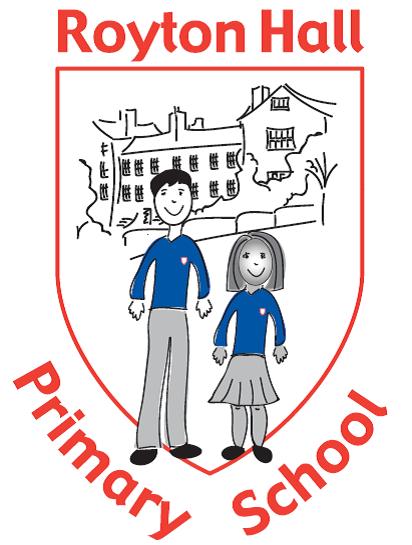Geography
Learning in geography helps us to develop our sense of belonging within the world we live. It develops our understanding of places near and far, people and their communities, and the impact of environmental change upon our planet. It enhances knowledge and develops our understanding to become good citizens for the future.
At Royton Hall Primary School, geography is taught through enquiry-led learning so that the children develop knowledge, skills and understanding of local, national and global geography through questioning, experience, research and discussion. The enquiry-led approach supports children to develop their curiosity and fascination for the world and its people. They compare and contrast their lives with the lives and cultures of others, and examine the way the world has been shaped by physical and human processes.
Being a geographer at Royton Hall begins as children start to explore their immediate surroundings and make sense of the world around them. They develop a sense of belonging and place within their local community and begin to develop an understanding of the wider world.
As learning continues, children deepen the understanding the physical processes of our world and recognise similarities and differences between diverse spaces, places and communities. They recognise their role in becoming global citizens for the future and develop an understanding of the human impact on environmental changes around the globe.
First-hand experience is gained through field studies within the school grounds and local area, and children are provided with opportunities to engage in geographical research and enquiry as they learn through our progressive curriculum.
Substantive Knowledge
Substantive knowledge in geography includes factual knowledge of the world around us including; locational knowledge of places; connection of physical and human processes; environmental, physical and human geography (e.g. migration, climate change); geographical skills and fieldwork (e.g. maps, globes, collecting ‘first-hand’ data).
Disciplinary Knowledge
Disciplinary knowledge is where children learn to ‘think like a geographer’. It is the development of enquiry skills which enable children to better understand how geographers think, work, find out, question and make use of geography in the real world.
As teachers of young geographers, we ensure the specific substantive knowledge is carefully combined with geographical disciplinary knowledge, securing children’s understanding of concepts and processes, developing their ability to link learning together, and recognising the interconnected nature of learning within geography.
